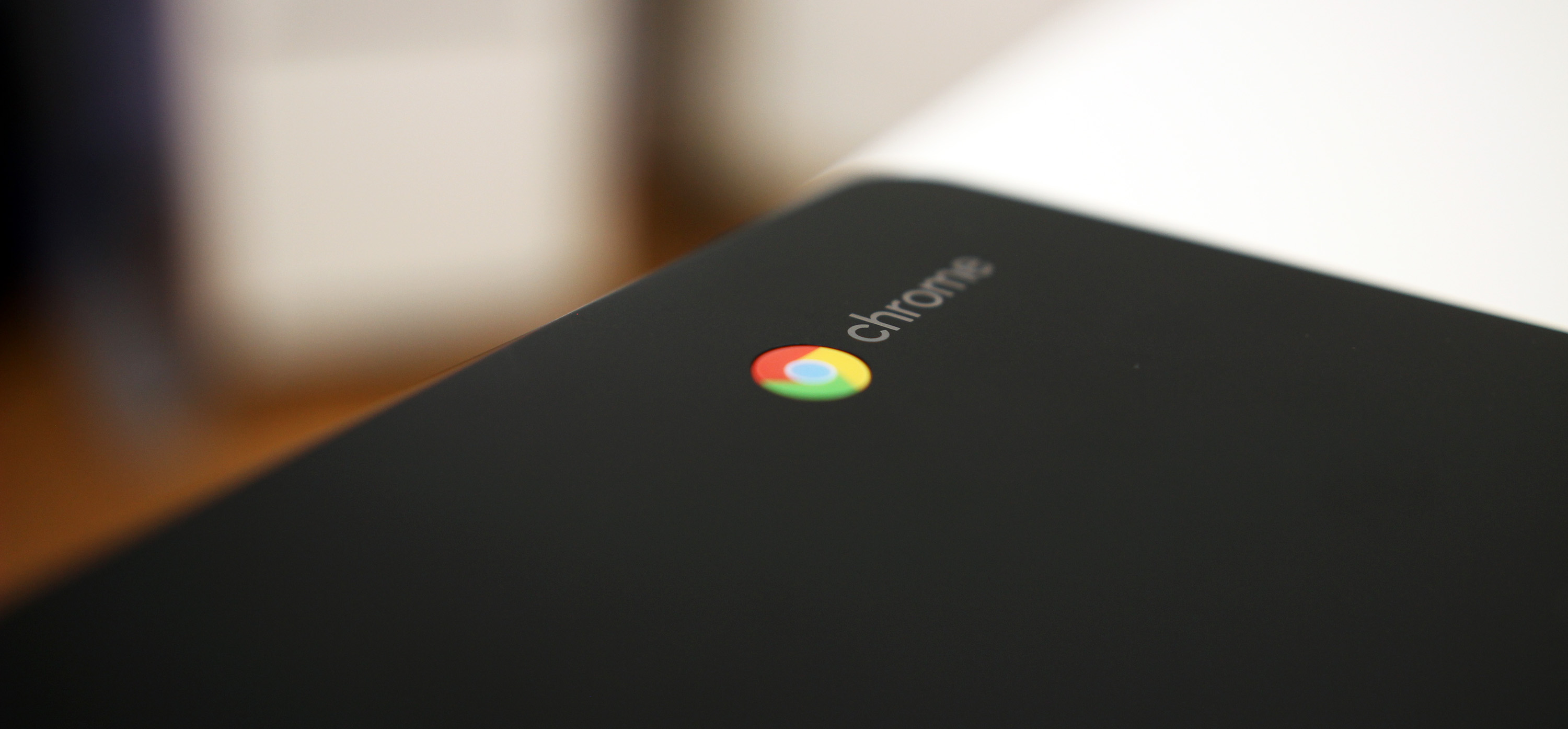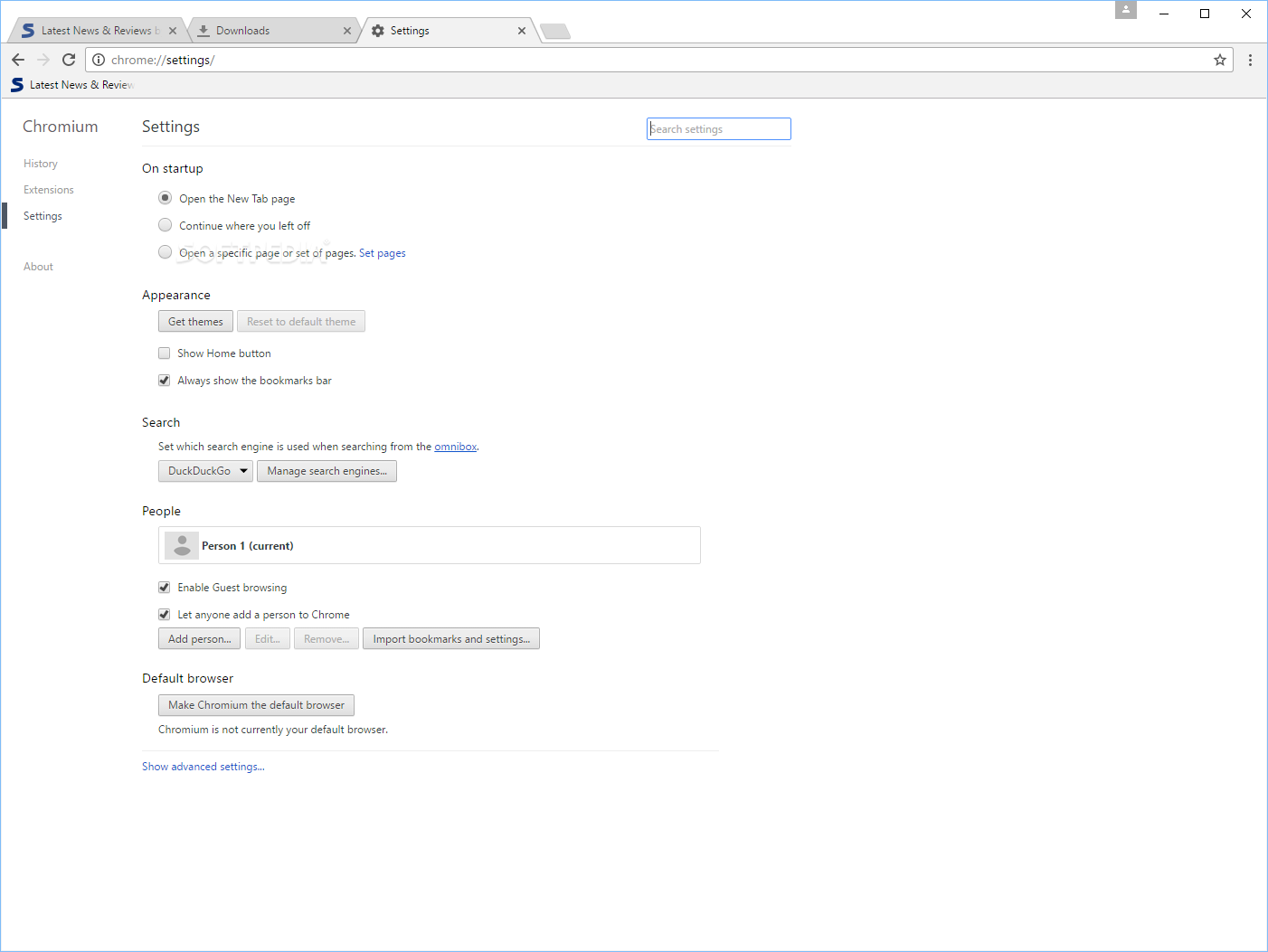
If yes, I should be able to use them for GCC also and run a true PGO build. Maybe with Chromium 85 some hooks have been added, which are used to dump the counters before exiting from the process. This means that although runtime information is gathered, it is never saved anywhere. This means, that GCC's PGO mechanism has no way of flushing branch counters upon program exit. by returning from main or calling exit()).

Unfortunately none of these processes exit in a standard way (i.e. I've tried PGO once (also with GCC), but I came across a technical issue - Chromium is spawning processes for each opened tab (with some exceptions).
UNGOOGLED CHROMIUM BINARY CODE
Fortunately, the source code is available for everything. You can find 'systemlibs' variable delaration in another ungoogled-chromium aur PKGBUILD. In my system, chromium cannot be started because some shared libraries (libre2.so.9, libsnappy.so.1 and libminizip.so.1) are missing. The price is in compilation time and memory usage - 16GB is barely enough. Even the final build output includes some pre-built binaries. Concerns prebuilt versions of ungoogled-chromium You can not select more than 25 topics Topics must start with a letter or number, can include dashes ('-') and can be up to 35 characters long. This package does not check dependencies when it is installed. I use it as a backup for Firefox and unfortunately it seems already faster than Firefox.For some time now I've been building myself a custom Chromium on Gentoo using GCC and LTO and although I didn't make comparison benchmarks (maybe I should do it once), I'm already seeing reduced binary sizes. The combination of the user’s real IP address and the local one can pose serious and dangerous security issues if exploited properly, and right now Chromium’s official fix doesn’t seem to be effective on this browser, nor does the flag work.I wonder if ungoogled-Chromium is using any type of optimizations like this ? First-time setup: In GitHub, fork ungoogled-software/ungoogled-chromium-binaries to YOURNAME/ungoogled-chromium-binaries git clone cd ungoogled-chromium-binaries git remote add upstream git config upstream git config origin. Because these binaries are not necessarily reproducible, authenticity cannot be guaranteed. Replace YOURNAME in the steps with your GitHub username. IMPORTANT: These binaries are provided by anyone who are willing to build and submit them. This improves your online privacy because it totally eliminates the 'phoning home' to Google servers - something that even regular Chromium does.


ungoogled-chromium features tweaks to enhance privacy, control, and transparency. Ungoogled Chromium is what its name implies it is Chromium stripped of its dependencies on Google web services such as 'Safe Browsing' and Google Location Service. Unlike other Chromium forks that have their own visions of a web browser, ungoogled-chromium is essentially a drop-in replacement for Chromium. most important objective first), ungoogled-chromium is Google Chromium, sans dependency on Google web services, ungoogled-chromium retains the default Chromium experience as closely as possible. While there may be ways to disable WebRTC and prevent the issue altogether, it is not the default and since Chromium has already implemented the fix, other extensions like uBlock Origin also removed their workarounds to prevent leaks (as can be seen in uBlockOrigin/uBlock-issues #1723). ungoogled-chromium-binaries Website for ungoogled-chromium contributor-submitted binaries (contributor binaries). In descending order of significance (i.e.
UNGOOGLED CHROMIUM BINARY WINDOWS 10
OS/Platform and version: Windows 10 21H3 ungoogled-chromium addresses these issues in the following ways: Remove all remaining background requests to any web services while building and running the browser Remove all code specific to Google web services Remove all uses of pre-made binaries from the source code, and replace them with user-provided alternatives when possible.If applicable, add screenshots to help explain your problem.Įnvironment (please complete the following information): , now I don’t know if I’m doing something wrong but still shows my local IP when it doesn’t on Chrome v.69 or Edge v.40. Apparently the #enable-webrtc-hide-local-ips-with-mdns flag has no effect on this version, as the browser would ignore it (whether default or enabled) and still leak the local IP address even though the Chromium fix already rolled out


 0 kommentar(er)
0 kommentar(er)
